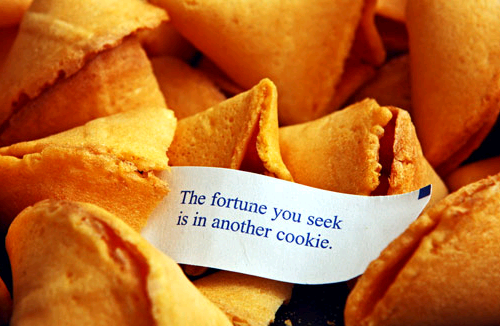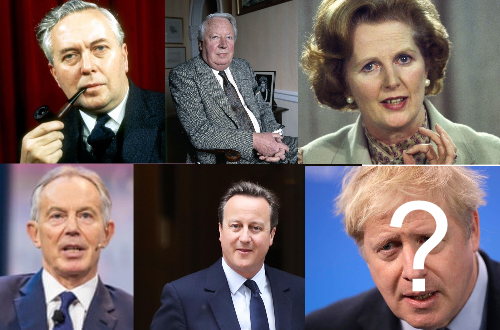I have always been a great admirer of the work of the historian Michael Burleigh, whose critically acclaimed book “Earthly Powers” Examines the ways in which politics and religion have influenced each other over the last two hundred years.
Burleigh has been talking to “The Australian” and in the process giving a fairly good outline of his books and his own predicitions for future developments in European societies. Despite my own atheistic distrust of his rather too obvious Catholic affinities it does seem to me that he says many things which should strike a tone with anyone who may be considering signing the Euston manifesto.
The first volume of Burleigh’s two-part history of how religion has influenced modern Europe “Earthly Powers”
Slightly more critical review here:
proceeds from the French revolution until the beginning of the First world War
The eagerly awaited second volume entitled: “Sacred Causes: Religion and Politics from the European Dictators to Al Qaeda” (to be published in October) will continue the theme, examining how religion has shaped 20th-century Europe from the Great War until the modern-day War on Terror
Burleigh’s (not entirely original) main thesis is that many ‘secular’ religions flowered in the twentieth century and he shows how successive totalitarian leaders fantasised and aped the hierarchy, rites and ritual of religion in the desire to return to the day when ruler and deity were one. Anyone tracking backwards from Paul Berman’s “Terror and liberalism” will find much to ponder in Burleigh’s works.
Some of Burleigh’s ideas should also get the comments boxes buzzing:
Rather than Europe becoming more secular in the past 200 years, I suspect the religious instinct has simply metabolised into other forms. This was most obvious in the case of the political religions. These began with the radical Jacobins during the French Revolution, who made the first attempt to create a “new man” so as to realise heaven on earth through violence. The result was hell for many people, with a quarter of a million people murdered simply for adhering to their traditional Christian beliefs.
Burleigh sees both 19th century nationalism and Nazism as “displaced religions” and as for that other very familiar ideology:
Marxist socialism was another totalising creed. The 1848 Communist Manifesto was called a “catechism” until Engels renamed it.
Mankind’s expulsion from the garden of Eden was the Christian original for Marxist notions of man’s alienation from his perfect self. There was no chosen people, but instead a saviour class called the proletariat. Instead of an apocalypse, there would be a cleansing revolution, the prelude to the restoration of a lost communist paradise. Then man would be reborn in harmony with his original true self.
Was this more plausible, or “scientific”, than tales of loaves and fishes, or the Yellow Brick Road of the Wonderful Wizard of Oz story?
Well was it?
(See also Burleigh on Hirsi Ali and the religious hatred bill from December 2004.)


